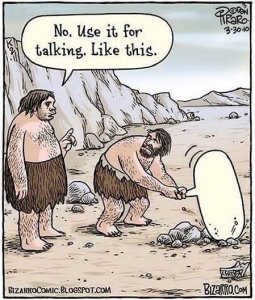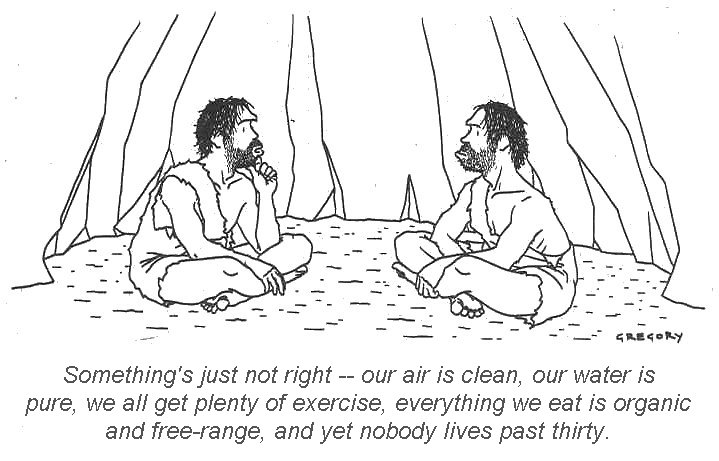Meanderer
Seemly Member
Ancestral man's first conversations likely about tools, food, study finds
"Just when our ancestors started talking is something that's still debated. We can't exactly ask them, after all. But a new study published in Nature Communications suggests that the earliest language may have been born out of the need for butchering tools starting between 1.8 million and 2.5 million years ago".
http://triblive.com/usworld/nation/7586741-74/tools-language-ancestors#axzz3PBPxxc31
.jpg)
"Just when our ancestors started talking is something that's still debated. We can't exactly ask them, after all. But a new study published in Nature Communications suggests that the earliest language may have been born out of the need for butchering tools starting between 1.8 million and 2.5 million years ago".
http://triblive.com/usworld/nation/7586741-74/tools-language-ancestors#axzz3PBPxxc31
.jpg)





